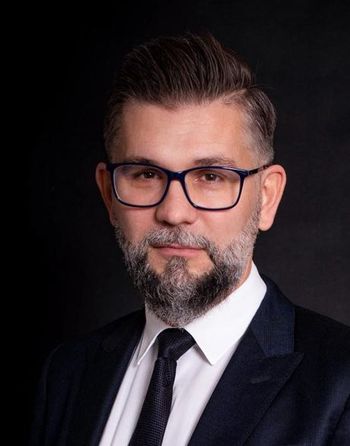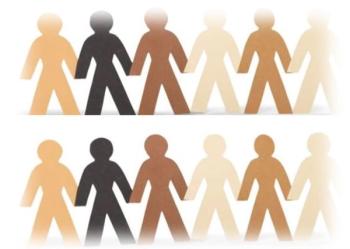
ACEP: Patients Unfamiliar with Stroke Symptoms and Urgency
NEW ORLEANS -- Stroke patients are likely to be unaware of what is happening to them and that it is an urgent medical matter, reported researchers here.
NEW ORLEANS Oct. 17 -- Stroke patients are likely to be unaware of what is happening to them or that it is a serious medical matter, reported researchers here.
Investigators at the Mayo Clinic in Rochester, Minn., said that a majority of highly educated and medically sophisticated patients were largely unaware they were having an acute ischemic stroke and urgently needed care.
Moreover, nearly half had no idea that time was of the essence in treating strokes, reported Lakshmi Vaidyanathan, M.D., and colleagues, at the American College of Emergency Physicians meeting here.
The Mayo clinicians wanted to get a better sense of why stroke patients were showing up in the Mayo ED long after the onset of symptoms, particularly in light of the American Stroke Association's -million public awareness campaign launched in 2003 to get the word out that speed could lessen consequences.
So the authors conducted a prospective survey of all patients who arrived at the ED with acute brain ischemia, asking what they knew about strokes and what motivated them to get to the hospital.
Reasons for not arriving sooner included, "I did not want anyone to find out," "Did not want to come in on Saturday because I thought the ER would be too busy," and "I wanted to watch the playoffs."
Less than 20% of the patients knew about thrombolytic therapies, despite the fact that almost a quarter of the cohort had a history of previous cerebrovascular events, and of those who knew, a majority had family members who worked at the clinic, said co-author Latha G. Stead, M.D.
The patients were given a standard questionnaire administered by a trained study coordinator who was not involved in clinical care of the patient. The times of symptom onset and ED presentation were recorded, and patients were asked to state in their own words what they did between the time of symptom onset, making the decision to seek medical attention, and going to the hospital.
A total of 220 patients were enrolled in the study from August 2005 to July 2006. All patients had a discharge diagnosis of acute ischemic stroke.
The authors found that about 59% of patients did not think that they were having a stroke following the onset of their symptoms. Only 30.5% of women were aware they were having a stroke, compared with 43.4% of men.
More than half of all patients (54.1%) delayed going to the ED, with the most common reasons for the delay being that patients thought the symptoms would resolve on their own, and that they didn't want to bother anyone. Delay of care did not differ significantly with gender, they authors found.
Other reasons for delay included that the patients had to wait for a ride to the ED, had tried to contact or see their primary care provider. In addition, 16% had been transferred from another hospital or ED.
Other reasons for the delay included, "I didn't want to come without a friend in case I would die in the hospital alone," "I didn't see the point in coming, since the last time I had a stroke they kept me for four days and sent me home on an aspirin," and "I have had a bum left arm for months, I figured it was just that."
The authors also found that even in Rochester, a hospital company town, the patients were even split evenly in their knowledge of the need for speed in treating acute ischemic events, with 44.4% saying time was not of the essence, and 44.9% saying that it was.
When asked what they knew about acute stroke presentation, 59% of patients said they thought strokes had a sudden onset, 18.1% said they came on gradually, 4% said the presentation could me mixed, 18.9% either didn't know or didn't volunteer an answer.
About 19% of patients had heard of thrombolytic therapy (59.5% of whom were male), despite the fact that nearly 25% of the patients had already had an acute ischemic event.
If the knowledge of stroke symptoms and the need for immediate medical attention is so poor in the Mayo Clinic's service area, where most patients are affluent, well-educated, and have good access to care, it's likely that the knowledge gap is even wider elsewhere, Dr. Stead commented.
"Ongoing patient education is vital to decrease this time delay," she and her colleagues wrote.
Newsletter
Enhance your clinical practice with the Patient Care newsletter, offering the latest evidence-based guidelines, diagnostic insights, and treatment strategies for primary care physicians.
































































































































